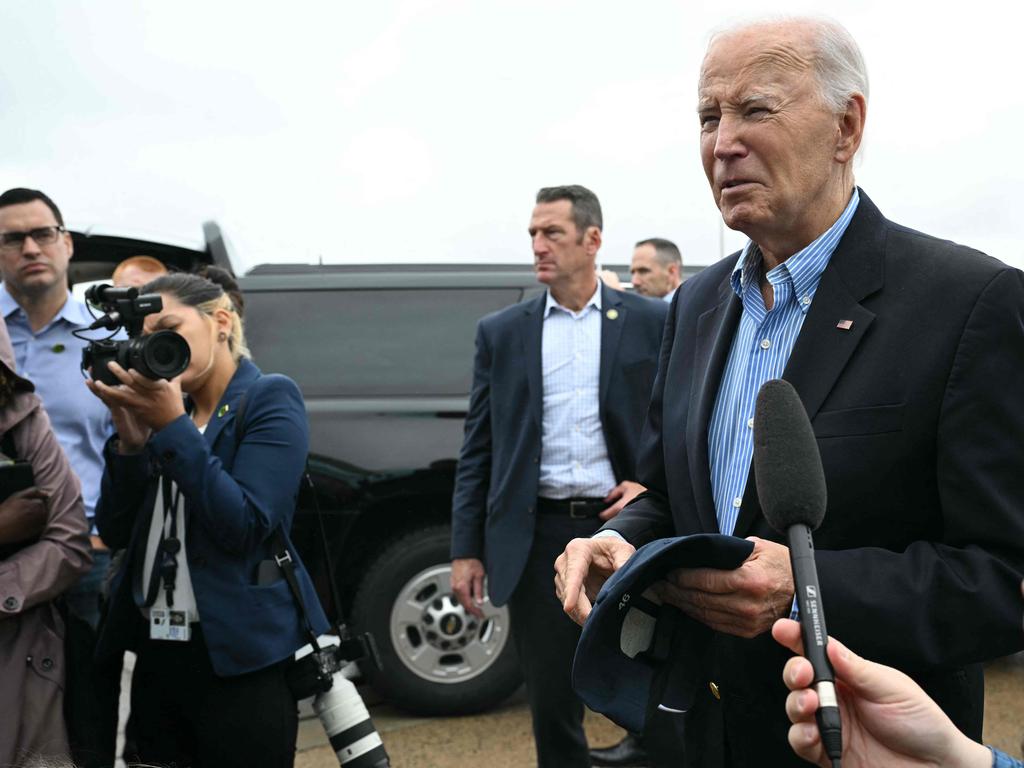Joe Biden’s influence over Israel tested ahead of US election
The unfolding Middle East war looms as a key factor in the US election contest, with the Jewish state listening ‘less and less to America’, as Donald Trump urges Israel to hit Iran’s nuclear sites.
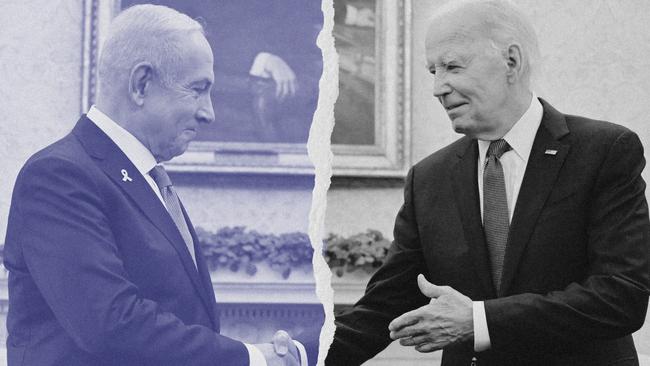
Joe Biden’s influence over Israel is being tested weeks ahead of the November 5 election, with strategic analysts in Washington warning the Jewish state was listening “less and less” to America.
The war is playing into the US election contest, with Donald Trump positioning himself as a stronger supporter of Israel by offering it free rein in the unfolding war and encouraging a strike on Iran’s nuclear sites.
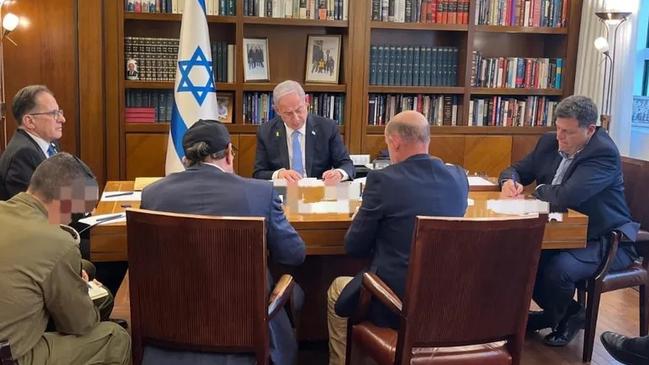
While Anthony Albanese has drawn criticism in Australia for refusing to join America in backing Israel’s incursion into Lebanon, Biden had no choice but to offer full support for the military escalation.
His own preferred plan for a 21-day ceasefire with Hezbollah failed to gain traction. Israel was not interested and was able to change the strategic calculus by broadening the conflict, taking the fight to the terror group more effectively than many imagined.
However, new warnings are emerging that domestic political considerations and the decisions of Israel are too heavily directing the shape of US policy in the Middle East.
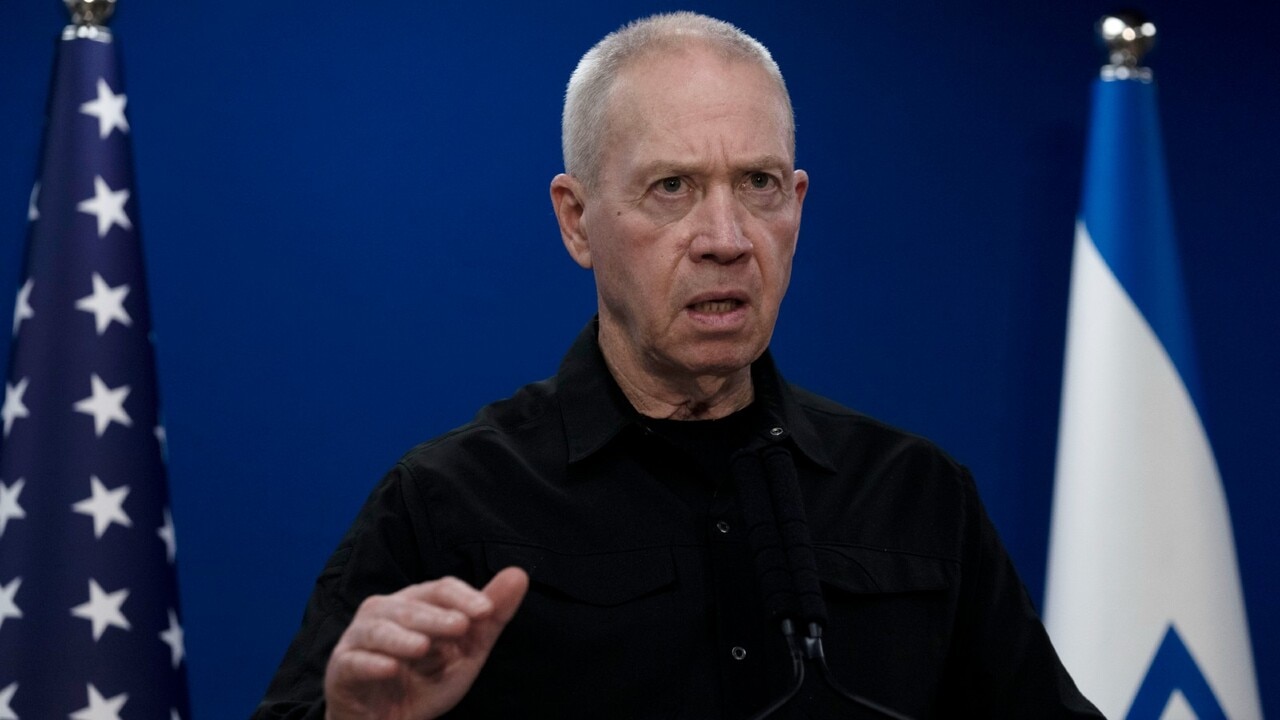
Benjamin Netanyahu appears to be increasingly doing things his own way, with the Israeli leader taking key decisions without informing Washington and not seeking US counsel.
His Defence Minister Yoav Gallant – the key US point of contact in the Israeli government – postponed his Wednesday trip to Washington where he was scheduled to have a bilateral meeting with US Defence Secretary Lloyd Austin at the Pentagon.
Amid concern Israel was keeping America in the dark over its planned retaliation to Iran’s October 1 missile strike, Netanyahu instead spoke directly to Biden and US Vice President Kamala Harris in a 30-minute phone call on Wednesday morning.
The US had been blindsided over previous Israeli decisions including the operation which targeted Hezbollah operatives through exploding pager devices, the air strike which killed the group’s leader Hassan Nasrallah and the rejection of Biden’s 21-day ceasefire plan.
Natasha Hall, senior fellow for the Middle East Program at the Centre for Strategic and International Studies in Washington, said the Biden administration had now shifted “towards supporting Israel’s actions (in Lebanon) in words and deeds.”
“I think that stems from a mixture of being impressed with what Israel has been able to do and feeling that it cannot force Israel’s hand on a ceasefire before an election,” she said. “The problem is that domestic politics and a foreign country now appear to be directing U.S. foreign policy more than U.S. strategic interests.”
“That is dangerous.”
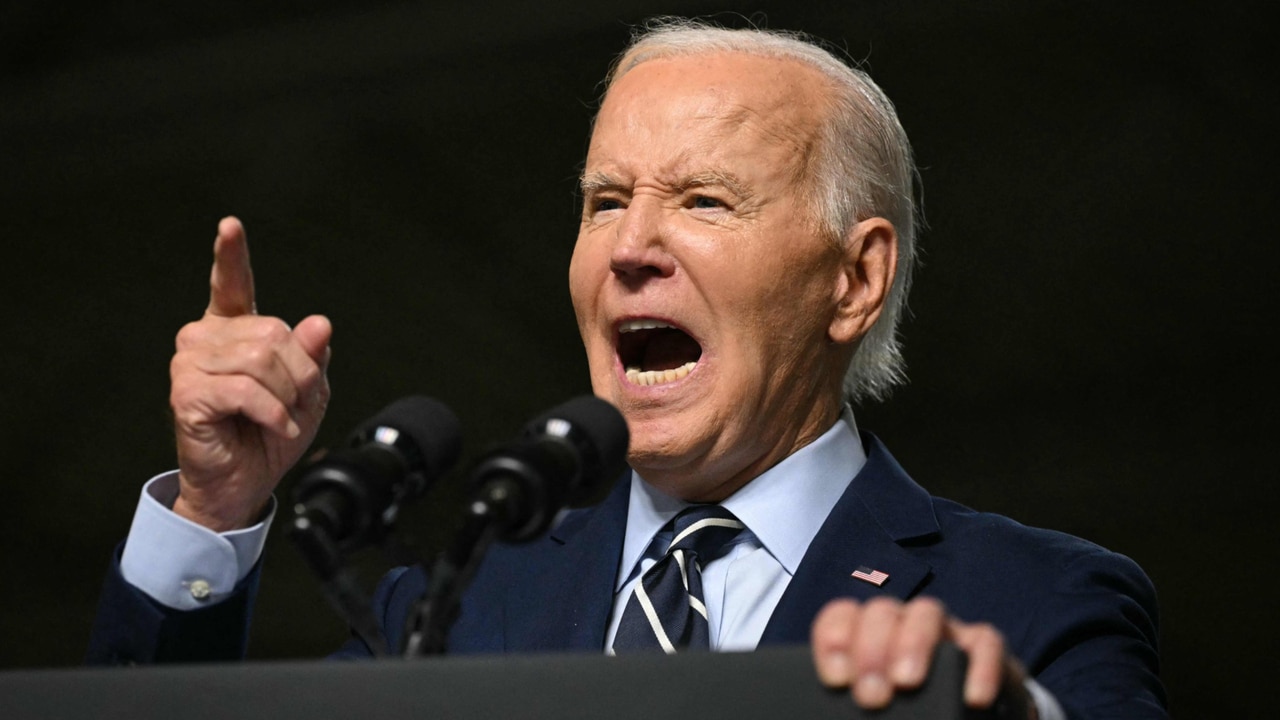
Netanyahu knows the war is playing into the US election contest. While he spoke to Biden on Wednesday, Netanyahu’s office also confirmed that Trump had spoken to the Israeli leader last week.
Trump had “congratulated him (Netanyahu) on the intense and determined operations that Israel carried out against Hezbollah.”
In contrast, Biden’s domestic political needs have led him to argue for a ceasefire and negotiated resolution ahead of the election – now less than a month away. Harris, the Democratic nominee, met with Muslim leaders in the key swing state of Michigan last Friday in a bid to allay their concerns over US support for Israel.
Former director for countering Iranian weapons of mass destruction on the National Security Council, Richard Goldberg, told The Australian that “the political reality of the Democratic Party at the moment is detached from the strategic reality on the ground in the Middle East.”
“We cannot disconnect the politics of the Democratic Party in their election year right now with their concerns about the optics of what’s going on.”
Danielle Pletka, a senior fellow in foreign and defence policy at the American Enterprise Institute (AEI), said that “the Biden administration has consistently given the Israelis advice predicated on its own desperate and almost pathological fear of escalation.”
“Israelis are listening less and less to the Americans at this point.”
Goldberg, a senior adviser at the Foundation for Defense of Democracies, said Israel had tried to accommodate US calls for restraint, but had “no real other alternative than to say, ok, well, we’re not going to sit here and keep taking it. We’re going to fight back. We have to escalate.”


